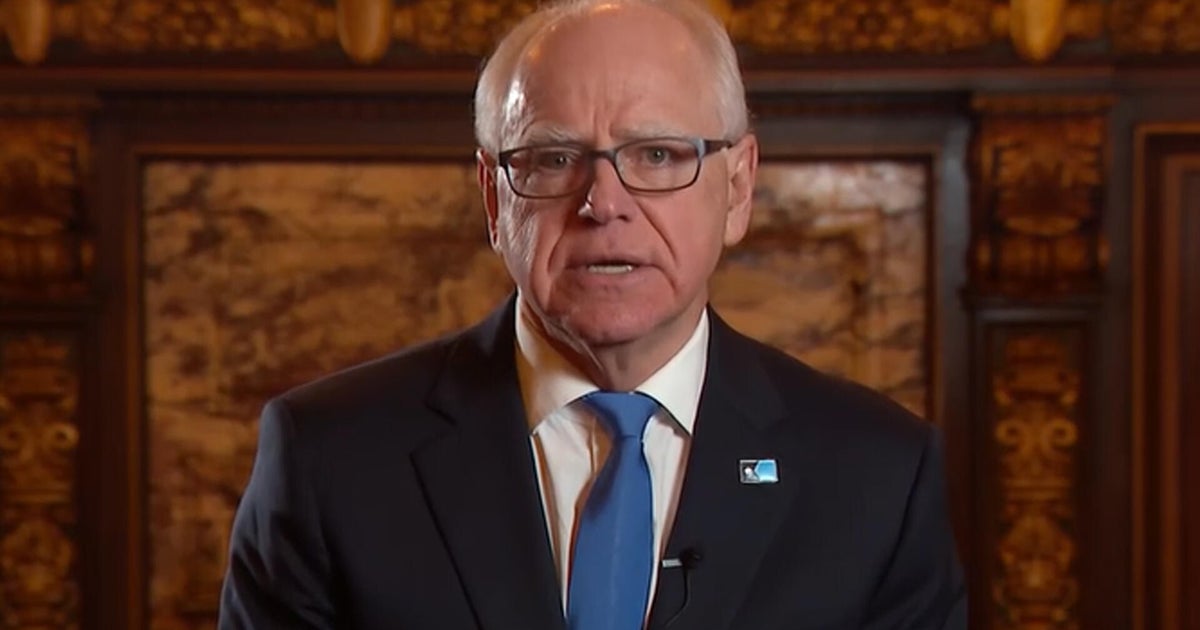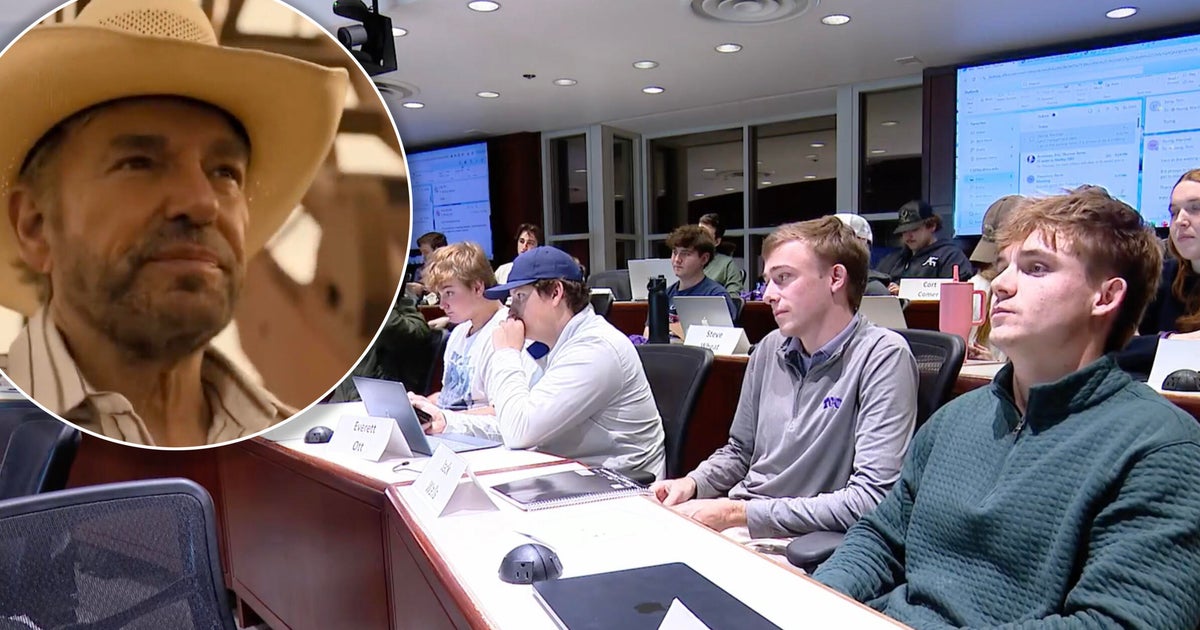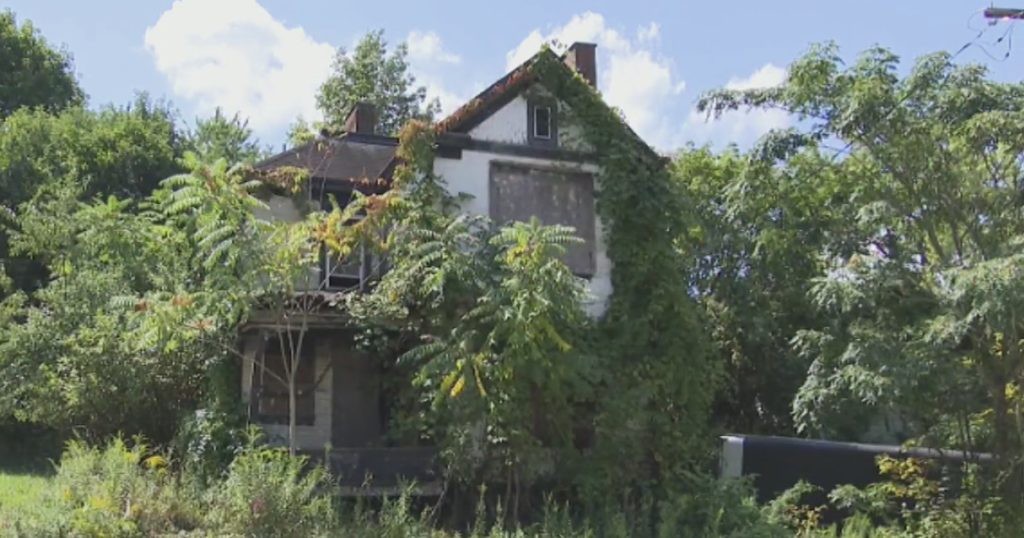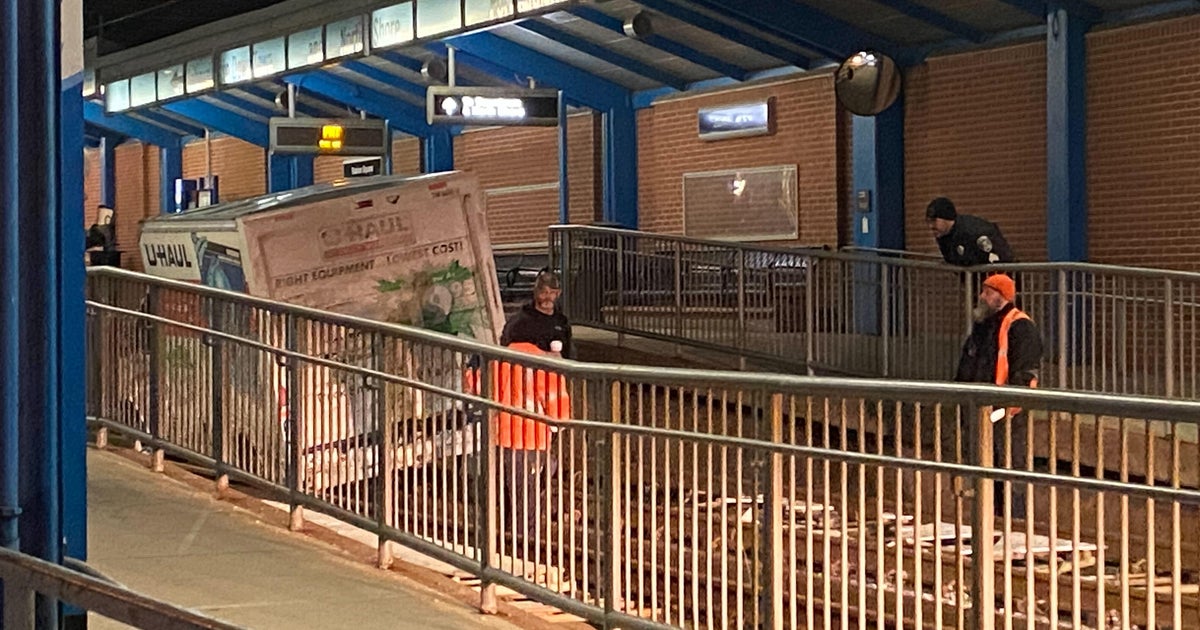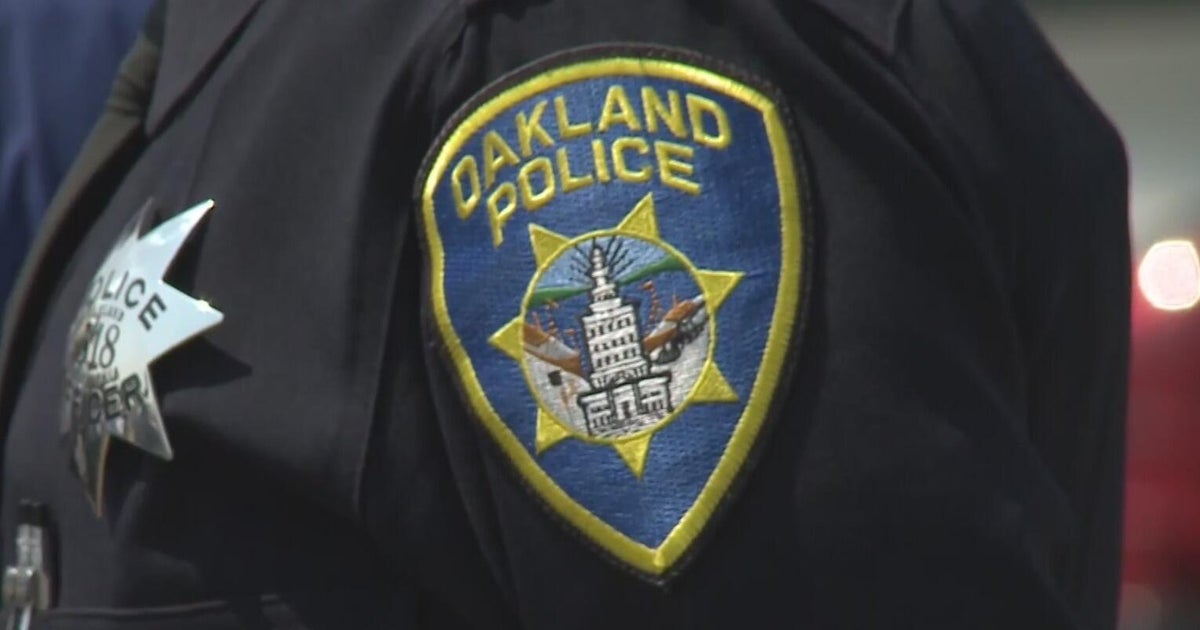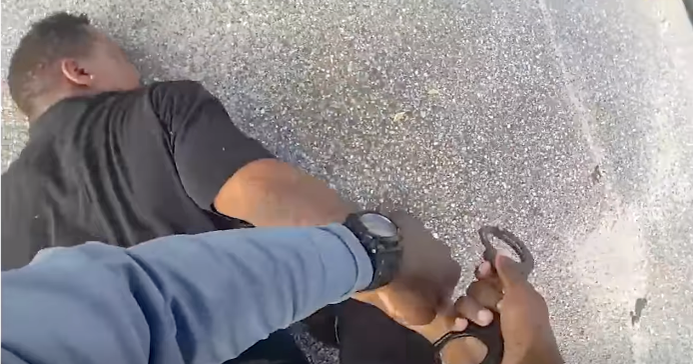Interim cannabis director: Minnesota still on track for legal market launch in 2025
MINNEAPOLIS — Minnesota is still on track to launch its legal recreational cannabis market next year, the top official in the regulatory agency said, despite concerns from some prospective businesses that the process is moving too slowly.
"I know people are impatient. I know they are excited to get started. But I would reassure them that we are working to meet the needs of operators and consumers and medical patients," said Charlene Briner, the interim director of the fledgling Office of Cannabis Management. "They should have confidence in the people doing the work in this office."
Briner said the office, which was established under the 2023 law giving the green light on legal marijuana, is exceeding its expectations as regulators are "building the plane as we're flying."
The agency has its first set of draft rules, which provides more clarity about how businesses must operate, and a second version awaits publication and further feedback before they're finalized, which Briner anticipates to be complete by the first quarter of next year.
After those rules are set, businesses can operate. But the office has begun the process of issuing the first "preapproved" licenses to give people a head start to plan and for growers, the opportunity to plant, so there is a supply of cannabis flower by market launch. Social equity applicants are eligible and 1,800 of them have submitted paperwork to secure one of the 280 early licenses available — from cultivation to retail and more.
Following vetting each application, it will move to a lottery from which the office will randomly select who gets a license.
That the lottery has not yet happened frustrates some would-be businesses eager to get started. The Office of Cannabis Management initially said by fall.
Briner insists that the office is not running behind schedule, but instead is taking the necessary time to thoroughly review each application to ensure none of them are running afoul of statute. She said it's a complicated and technical process and her office recently notified more than 360 applicants that they need some additional documents for further clarification.
"We also are reviewing to make sure we can identify, on the front end, any potential predatory practices within those ownership structures," Briner said. "What we heard a lot about during the legislative session were concerns about applicants who may try to come in under the guise of social equity applicant with an unfair ownership agreement, or applicants who may try to flood the zone, so to speak, with multiple applications to try to improve their chances of making it through the lottery."
She pointed to other states that have dealt with this problem, including Missouri. The cannabis regulators there recently denied certification of some licenses and had previously warned of operators using predatory practices to game the system designed to benefit social equity applicants, according to local news outlet, the Missouri Independent.
"We're reviewing for all of those things, and that takes some time. We are working, I would say, at a pace that is even exceeding expectations," she added.
The application period for the preapproved licenses ended in mid-August. But some of those who applied told WCCO they had not been given notice of the status of their application or any indication of when the lottery to choose the licensees at random would happen.
Briner maintains that the office is still on track, though she did not give a specific date for when the first licenses would be issued, except for by the end of this year.
She pointed to similar programs in other states like Maryland, which saw a similar number of applications and took 90 days to review applications.
"I would also remind folks that this is the first time that we're doing this—this the first round of licensing," she said. "So we want to make sure that our processes are clear, that we're not making mistakes, and that we're not giving people who shouldn't be in the lottery that opportunity or giving people false hope about how this process is working."
She said she is confident there will be businesses in every part of the supply chain — from cultivators, to wholesalers, to retailers — operational by 2025.


